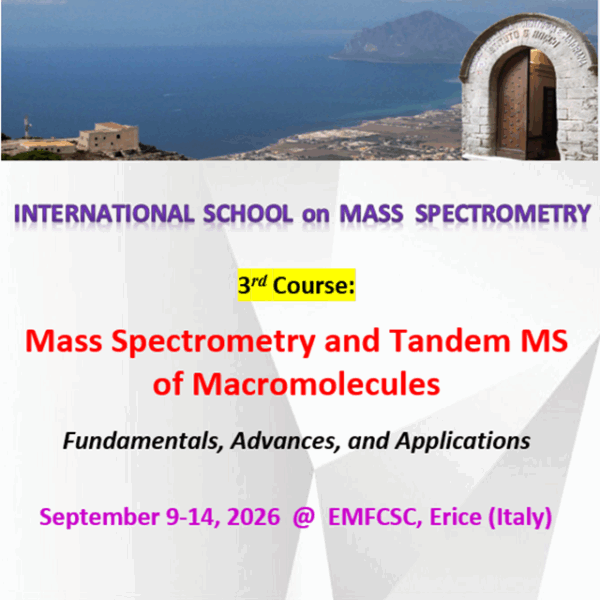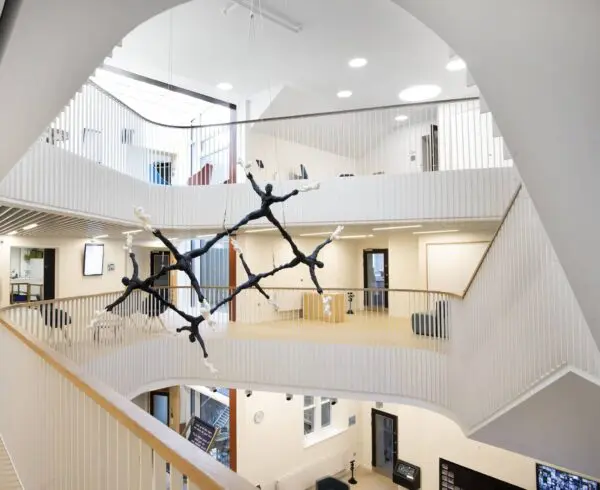
Erice, Italy
Mass Spectrometry (MS) and Tandem MS of Macromolecules
When:
09 September - 14 September 2026
Credits:
0 EC
Read more
Natural Sciences
When:
22 July - 04 August 2018
School:
University of Bern Winter and Summer Schools
Institution:
University of Bern
City:
Country:
Language:
English
Credits:
0 EC

MeBoP is a 2 week intensive course that will host a small select group of top candidates (12-16 grad-students, postdocs and young professionals) from Middle Eastern as well as North and Sub-Saharan African countries.
Each day will consist of a 4-hour morning lecture session followed by an afternoon lab practical. Lectures and modules are given by leading scientists in the field of parasite research (see program).
Main topics covered:
Biology of parasites
- Lecture component: focus on diseases endemic in the Middle Eastern region such as water born diseases and vector born disease.
molecular and cellular biology
host-parasite interactions
epidemiology and population genetics
transmission and life cycle
genome mining
- Practical modules: focus on the best established systems for molecular parasite research.
Ibrahim Abbasi (Al-Quds University); Joanne Cono (CDC); Kirk Deitsch (Weill Cornell Medical College); Karine Frenal (University of Geneva); Omar S. Harb (Eukaryotic Pathogen Database Bioinformatic Resource Center); Volker Heussler (University of Bern); D
MeBoP is targeted towards graduate and postgraduate students, and early career academics or clinicians who plan a career in parasitology research. The course will provide practical instruction in cutting-edge research topics and methods, in addition to networking opportunities.
To be eligible the following criteria must be fullfilled at the date of application:
1. The applicant must hold at least a BSc or equivalent in a field relevant to the course (e.g. biology, biochemistry, medicine, veterinary medicine, public health or epidemiology).
2. The applicant must be a citizen of one of a country located in the Middle East or in North or Sub-Saharan Africa.
2018 course application deadline will be announced soon.
1. To provide high-caliber scientific training covering various aspects of parasitology research from molecular biology and epidemiology to genomics. We believe that it is critical that scientific skills that are well established elsewhere in the world are disseminated to endemic areas where they can be put into practice to face local issues.
2. To provide an environment where young scientists from conflicted political areas are given the opportunity to focus on their mutual professional interests and goals, and to promote networking and the building of professional collaborations across these areas.
When:
22 July - 04 August 2018
School:
University of Bern Winter and Summer Schools
Institution:
University of Bern
Language:
English
Credits:
0 EC

Erice, Italy
When:
09 September - 14 September 2026
Credits:
0 EC
Read more

Bremen, Germany
When:
24 July - 04 August 2026
Credits:
0 EC
Read more

London, United Kingdom
When:
06 July - 02 August 2026
Credits:
0 EC
Read more